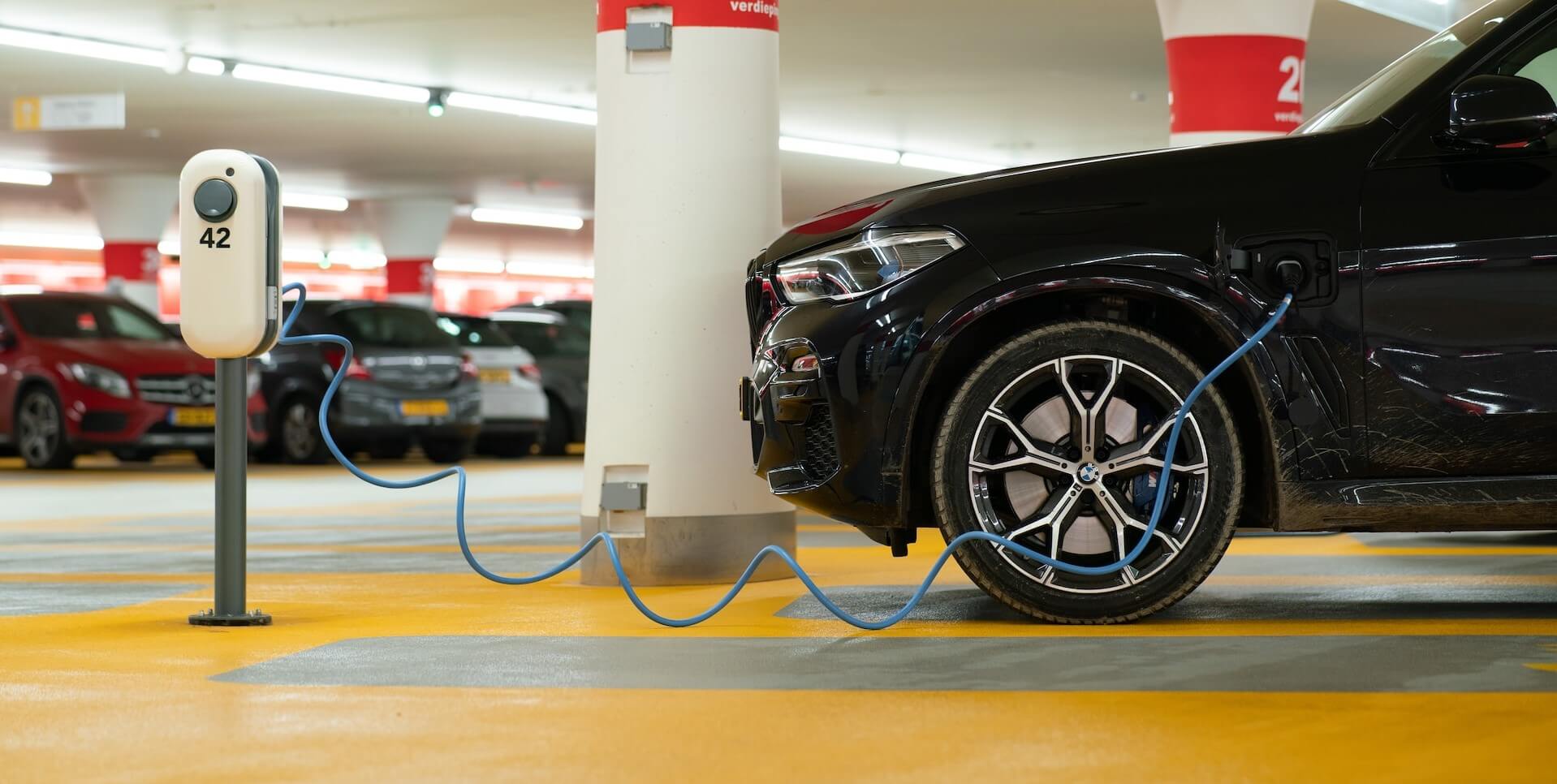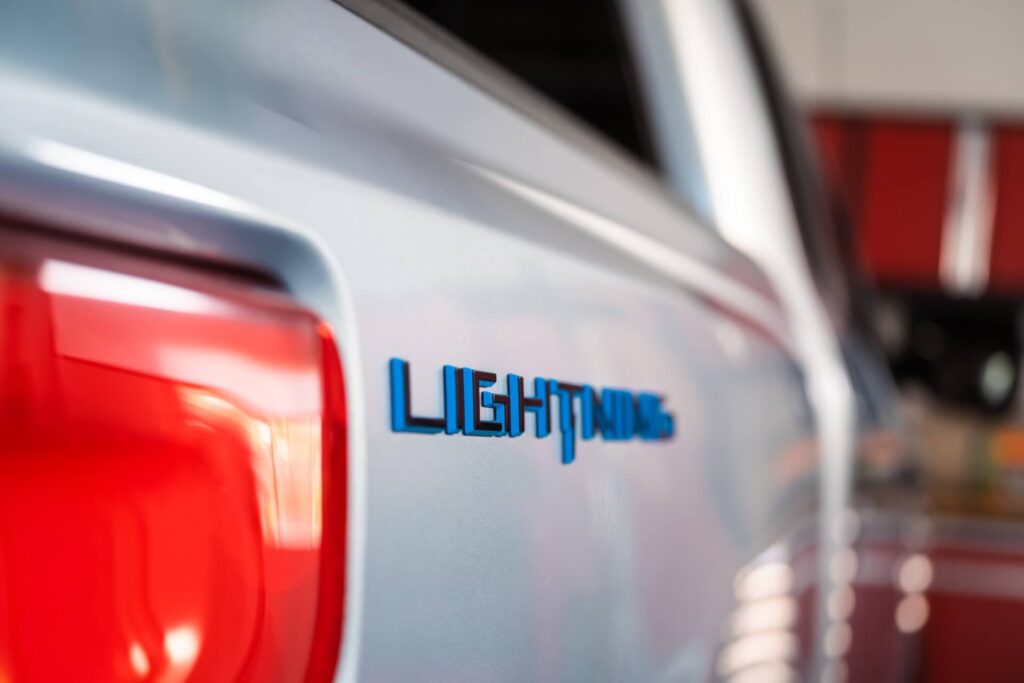Everything You Need to Know About the EV Tax Credit
Nov 23, 2023

As an Amazon Associate, Modded gets commissions for purchases made through links in this post.
Electric vehicles (EVs) tend to be on the more expensive side. Still, their environmental benefits, easy maintenance and sheer cool factor make them worthy of consideration if you’re in the market for a new car. If you’re thinking of getting one, you’ll probably want to know about the EV tax credit.
Tax credits for EVs have been around since the early 2000s. They’ve changed a lot since then, though. Most recently, the Inflation Reduction Act of 2022 significantly overhauled the federal program, adding more qualifications to the process but expanding its benefits.
How Much Is the EV Tax Credit?

The national EV tax credit offers up to $7,500 under the right circumstances. A credit that big can make up for their higher price tag — one of EVs’ biggest downsides — but not everyone qualifies for the full amount.
Even if your new car doesn’t qualify for the full $7,500, you can still expect a hefty return. The lowest amount you can get for a qualifying EV is $3,750 if your car entered service after April 17, 2023. If it rolled out before then but after January 1, 2023, the minimum is a dollar more than that. That’s because EVs in those date ranges must meet different criteria.
If that sounds complicated — it is. The newly updated tax credit involves a series of complex qualifications and payouts, but it’s worth it to work through it all. Three grand is nothing to laugh at. To help you figure the program out, though, here’s what you need to know about the tax credit and how to qualify.
How the Credit Works
How much of the EV tax credit you get depends on a few different factors. Let’s start by breaking down the more complicated pre-April 17 amounts.
Vehicles that started their life between January and April 17, 2023, have a base credit of $2,500 and get another $417 for having at least 7 kilowatt-hours (kWh) of battery capacity. They also get additional credits of $417 for every kWh above 5 kWh. Because the regulation requires at least 7 kWh, that adds up to a minimum of $3,751, capping at $7,500.
For newer cars, the IRS splits the credit into just two parts — $3,750 for meeting battery requirements and another $3,750 for meeting critical mineral requirements. You can get just one, both or none, with no levels in between.
To meet the battery requirements, a given percentage of the EV’s battery has to be U.S.-manufactured. That percentage is 50% for 2023 and rises by 10% for every year afterward.
The critical minerals qualification works the same way. In 2023, 40% of the battery’s critical minerals have to come from the U.S. or a country with a free-trade agreement with the U.S. That number increases by 10% every year.
Who Qualifies for the EV Tax Credit?
On top of those mineral and battery qualifications, your EV must meet a slew of other criteria. That includes undergoing final assembly in the U.S., weighing less than 14,000 pounds before loading and being made by a “qualified manufacturer” — unless it’s a fuel cell vehicle. It also can’t have a suggested retail price higher than either $50,000 or $80,000, depending on the type of vehicle.
The easiest way to tell if a car qualifies for the EV tax credit is to go to fueleconomy.gov and use their interactive tool. It’ll ask you to enter some basic information about the vehicle, and it’ll tell you what you may qualify for. That way, you don’t have to dig around for manufacturing information yourself.

You have to meet certain qualifications, too. Say you wanted to buy a new F-150 Lightning — our pick for the best electric truck — this year. Thankfully, that car qualifies! However, if you make too much money, you won’t. That monetary cap depends on your tax filing status. For new vehicles, it’s:
- $300,000 for married couples filing jointly
- $225,000 for heads of household
- $150,000 for everyone else
Used EVs work a little differently. First of all, you can only claim the EV tax credit for a used car if you bought it in 2023 or later. The credit also won’t exceed $4,000, and the maximum qualifying income is:
- $150,000 for married couples filing jointly
- $112,500 for heads of household
- $75,000 for everyone else
If you’re buying a used EV, it also must be at least two years old, $25,000 or less and only transferred once. All sales, new and used, only count if the seller reports your information to the IRS, so be sure to only buy EVs from established, trustworthy sellers.
How to Claim the EV Tax Credit
Figuring out if you qualify for the EV tax credit is the hard part. Once you’ve done that, claiming it is relatively straightforward.
The most important step is to make sure you get all the necessary information. When you buy the EV, the seller should give you a report including crucial tax information. That includes their name and taxpayer identification number (TIN), your name and TIN or social security number, the maximum credit amount the vehicle qualifies for, vehicle data like its battery capacity and sales info like the date and price.
That packet should have everything you need to claim the credit. From there, all you have to do is review and file Form 8963 with your annual tax return.
State EV Tax Incentives

Keep in mind that the federal EV tax credit isn’t the only incentive out there. Depending on where you live, you could qualify for several local programs and benefits, too.
California offers rebates up to $7,500 for qualifying EVs. The regulations around who and what qualifies are a little more complicated than the federal program, but if you live in California, it’s worth checking out. Filing that and the federal form could save you $15,000.
Similarly, Colorado offers a credit of $5,000, and you could qualify for $2,500 on top of that starting in 2024. Illinois, New York, Massachusetts and more all have similar programs.
These laws change often, and new ones emerge all the time. To ensure you have the most up-to-date information, check with your specific state when considering buying an EV to see what you may qualify for.
Get More Out of Your Electric Car
EVs can be expensive, but the EV tax credit can make up for that initial price tag. When you know what you can get and how to qualify for it, you can make better decisions about which car to buy.
Be sure to double-check state and federal regulations before buying anything, as they could change. In general, though, you can expect a substantial tax credit for the right EV.






